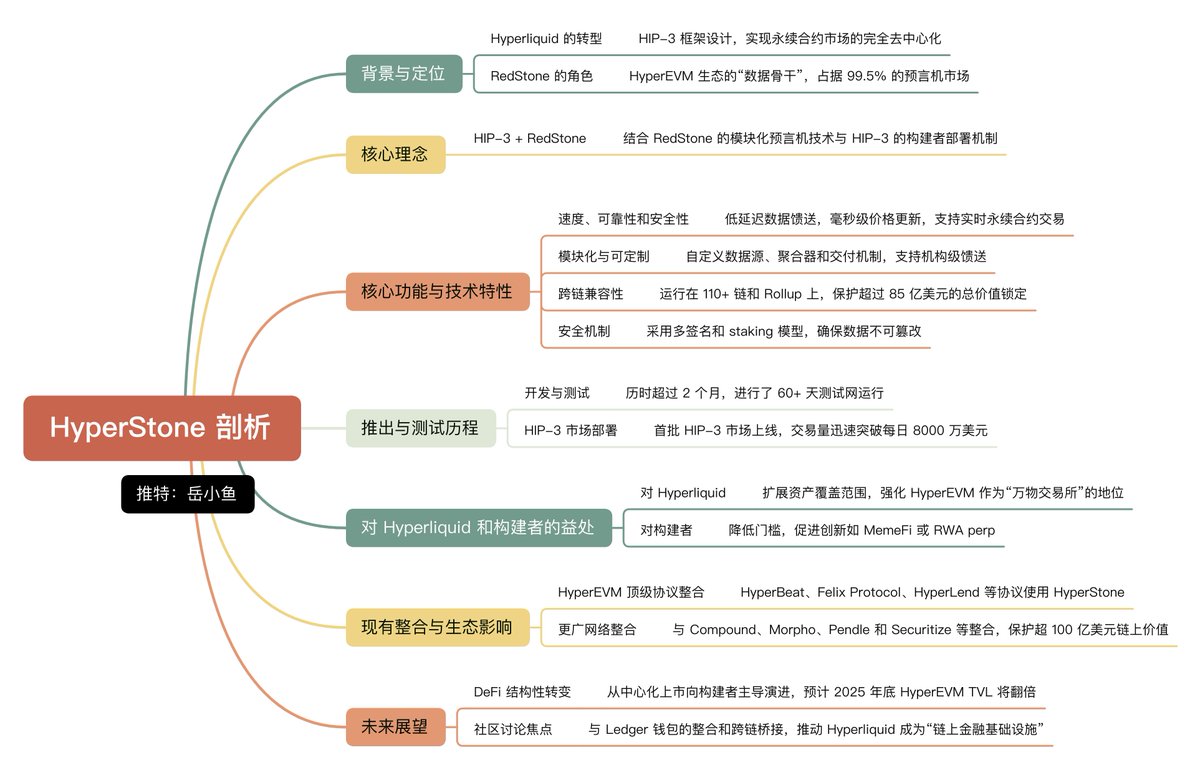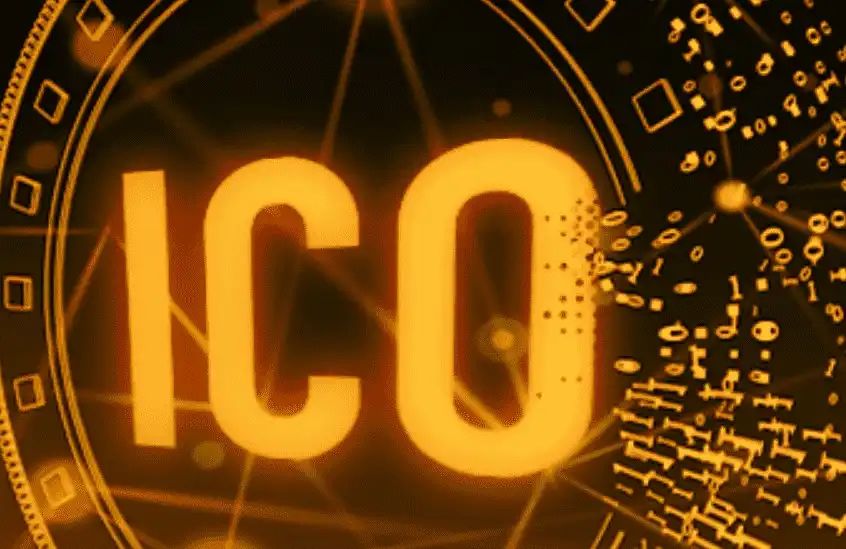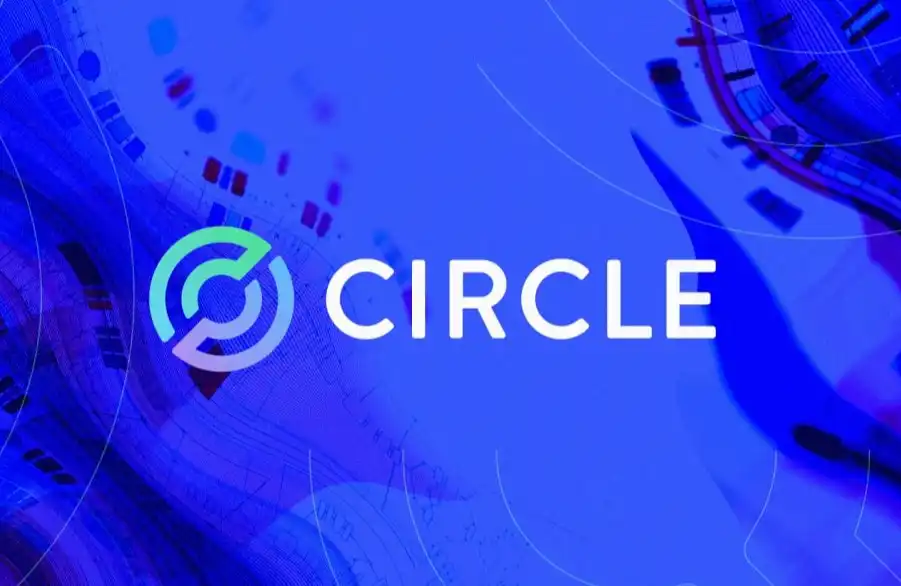Hungary enforces strict crypto restrictions, including penalties for unlicensed exchange users
Quick Take Hungary’s new law makes using unlicensed crypto exchanges a felony punishable by up to five years in prison and up to eight years for operators. Some international platforms like Revolut and Bitstamp have suspended services, and critics say the rules go far beyond EU MiCA requirements.

Hungarian authorities have introduced new restrictions on cryptocurrency trading, creating a legal grey area for an estimated 500,000 Hungarians who own digital assets.
A law was passed through parliament on June 17. It has been enforced since July 1, criminalizing the use of unlicensed exchanges and unauthorized high-value crypto trades, defined as transactions above 50 million Hungarian forints ($146,000) and up to 500 million forints ($1.46 million). Violators face up to two years and five years in prison, respectively, under the updated criminal code. Service providers face even harsher punishment, as rule-breaking could attract as much as eight years in jail.
The new rules , which put the Hungarian National Bank in charge of policing the sector, require all crypto-asset service providers operating in Hungary to obtain a license from the central bank to continue operations legally.
Holding bitcoin or other cryptocurrencies remains legal. The Supervisory Authority for Regulated Activities has yet to publish application procedures, leaving domestic firms in limbo and global exchanges no path to compliance. Revolut and Bitstamp have already reportedly halted crypto services for Hungarian residents in response.
Regulators say the rules align with the EU’s Markets in Crypto-Assets framework, adding extra safeguards such as a mandatory “conversion-validation certificate” for each trade. Some industry members counter that the penalties—far harsher than those in MiCA—and the absence of any licensing window look designed to stamp out trading rather than regulate it.
Hungarian officials have not commented on a timetable for releasing licensing criteria.
Disclaimer: The content of this article solely reflects the author's opinion and does not represent the platform in any capacity. This article is not intended to serve as a reference for making investment decisions.
You may also like
Leading DEXs on Base and OP will merge and expand deployment to Arc and Ethereum
Uniswap's new proposal reduces LP earnings, while Aero integrates LPs into the entire protocol's cash flow.

The Future of Hyperliquid: HIP-3 and HyperStone
The future of Hyperliquid lies in HIP-3, and the foundation of HIP-3 is HyperStone.

A New Era of Token Financing: A Milestone for Compliant Fundraising in the United States
Asset issuance in the crypto industry is entering a new era of compliance.

Circle, the First Stablecoin Stock, Releases Q3 Financial Report: What Are the Highlights?
By the end of the third quarter, the circulating supply of USDC reached $73.7 billion, representing a year-on-year increase of 108%.

